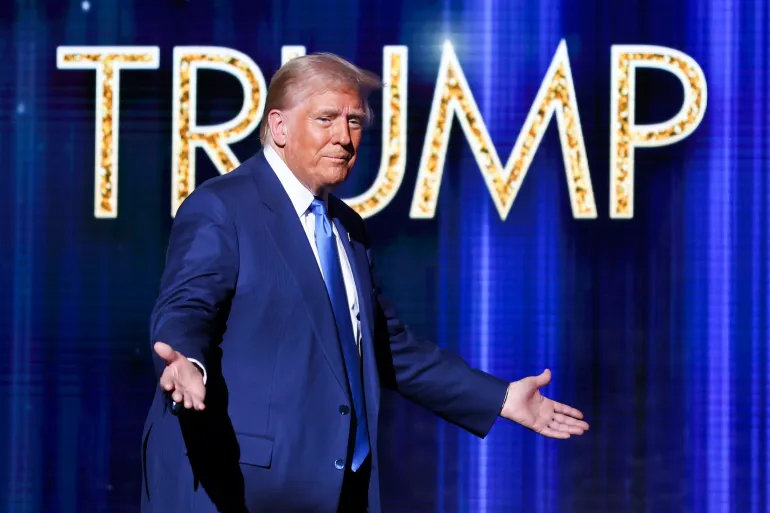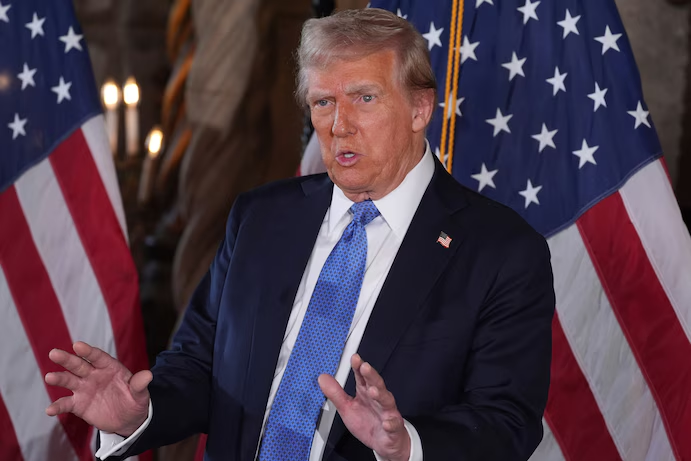US Regulator Files Lawsuit Against Elon Musk for Delayed Disclosure of Twitter Investment

A U.S. watchdog has filed a lawsuit against Elon Musk, accusing the billionaire entrepreneur of failing to promptly disclose his substantial stake in Twitter. The U.S. Securities and Exchange Commission (SEC) claims that Musk violated federal securities laws by delaying the required filing of his investment, which ultimately allowed him to avoid market scrutiny for a period of time. The legal action focuses on Musk’s acquisition of a 5% stake in the social media giant in early 2022, a significant threshold that mandates immediate reporting under the SEC’s rules.
According to the SEC’s complaint, Musk initially purchased Twitter shares between January and March 2022 but did not disclose the investment until April of the same year. The federal regulations stipulate that investors acquiring more than 5% of a public company’s stock must file a Schedule 13D form with the SEC within 10 days of crossing the 5% threshold. This rule is designed to ensure that the market remains transparent and that all shareholders have equal access to important information.
The SEC alleges that Musk violated this rule by not disclosing his ownership stake in a timely manner, which gave him an unfair advantage in his dealings with Twitter. By failing to inform the public about his growing stake, Musk was able to make additional purchases without immediately facing the consequences of his actions being known. This delay allowed him to gain more control over the company without triggering scrutiny from the market or other investors. Furthermore, the watchdog contends that Musk’s late disclosure was part of a broader pattern of behavior intended to manipulate the market and the company’s stock price.
Musk’s failure to file the required disclosures has raised significant concerns about the integrity of the financial markets. The SEC’s action comes at a time when Musk’s acquisition of Twitter was already under intense public scrutiny. Musk completed his controversial $44 billion acquisition of the company in October 2022, but the series of events leading up to the takeover had been marked by significant turbulence. Musk’s decision to buy Twitter, as well as his subsequent handling of the company, sparked a wide range of debates, including questions about his leadership style, the future of the platform, and the broader implications for the tech industry.
This lawsuit is just the latest in a string of legal battles involving Musk and his various ventures. Musk, who is known for his role as the CEO of Tesla and SpaceX, has previously clashed with the SEC, including a notable instance in 2018 when he tweeted about taking Tesla private at $420 per share, which led to allegations of market manipulation. The SEC alleged that Musk’s tweet misled investors, and as a result, Musk and Tesla were both fined $20 million. The incident was one of the most high-profile examples of regulatory scrutiny surrounding Musk’s use of social media and his approach to business.
In response to the lawsuit, Musk has stated that the delay in disclosing his Twitter stake was not intentional, and that it was a result of his ongoing deliberations about the future of the company. Musk has argued that the delay was merely a technical issue, rather than an attempt to manipulate the market. However, critics have pointed to his history of unorthodox business practices and public statements, which often raise doubts about his adherence to regulatory norms.
The SEC’s action highlights the increasing scrutiny of influential individuals like Musk, who wield significant power in the tech industry and the financial markets. As public figures, these individuals are held to high standards of transparency to ensure fairness and protect the integrity of the financial system. This lawsuit serves as a reminder that regulatory bodies are closely monitoring the actions of high-profile investors and entrepreneurs, particularly when their decisions have the potential to significantly impact the stock market and the companies they invest in.
Musk’s legal challenges are likely to continue as his influence over Twitter and other ventures evolves. The case also serves as a warning to other investors that failure to comply with disclosure requirements can lead to significant legal and financial consequences. The outcome of this lawsuit could have important implications for both Musk’s future dealings and the broader landscape of corporate governance and securities regulation.






